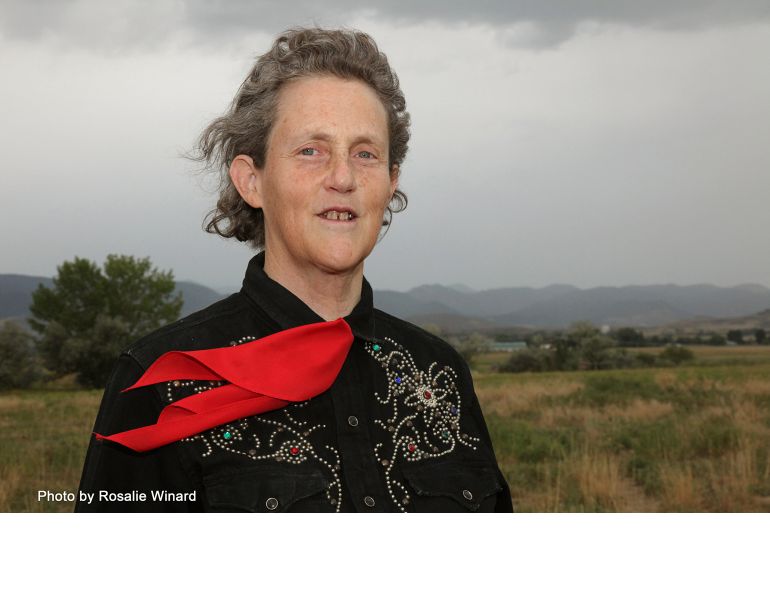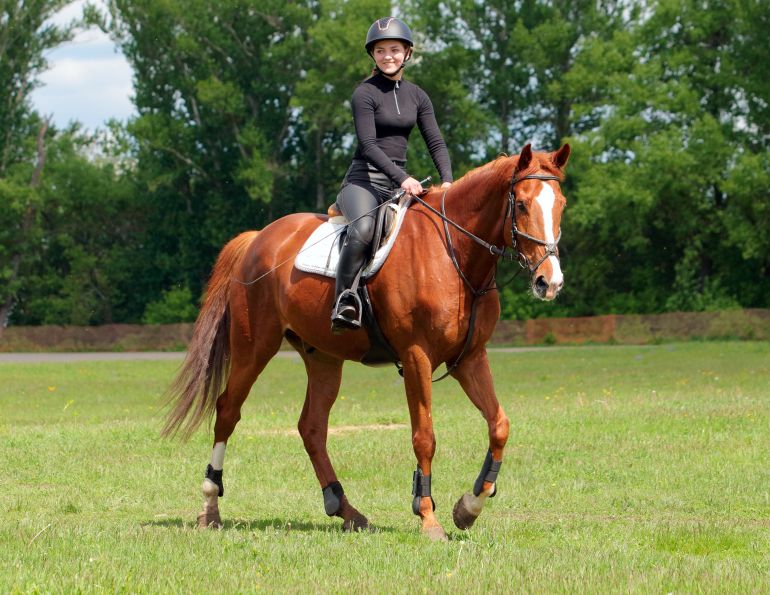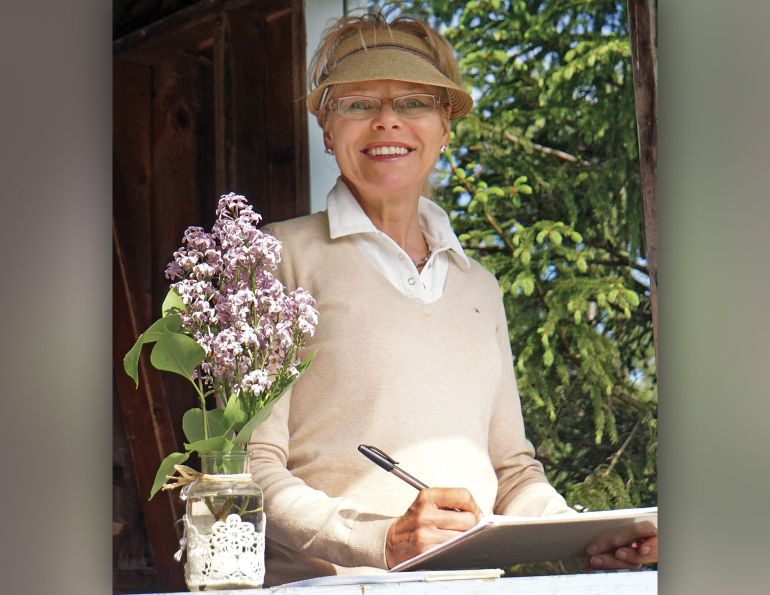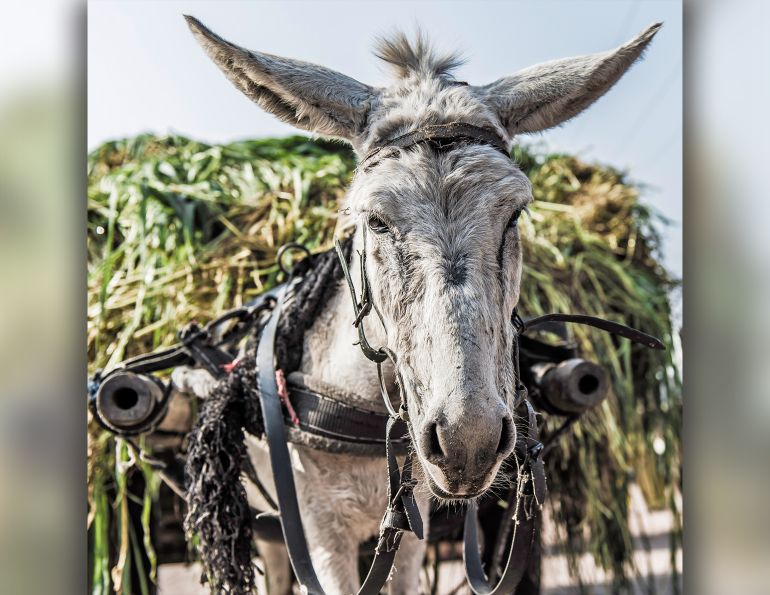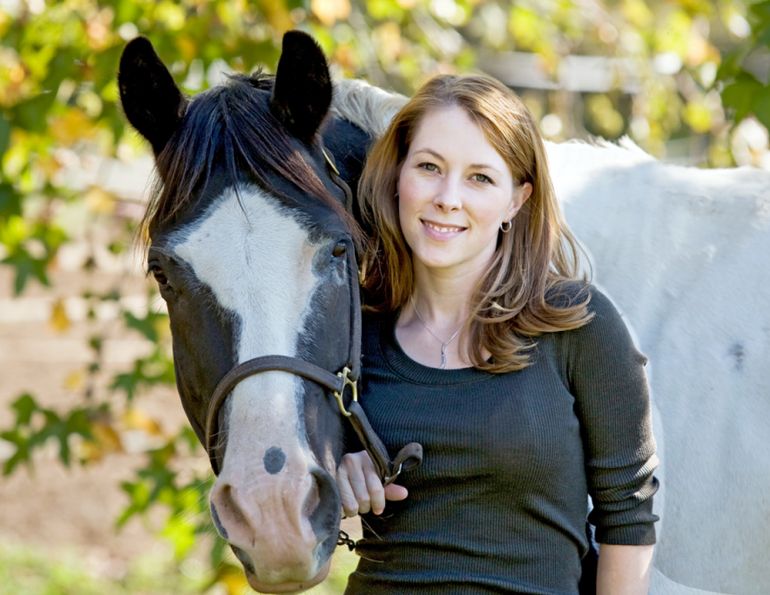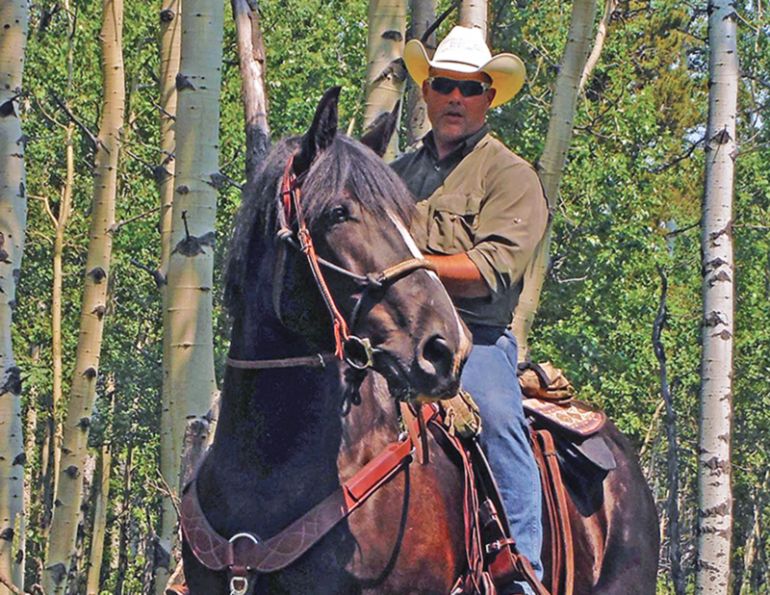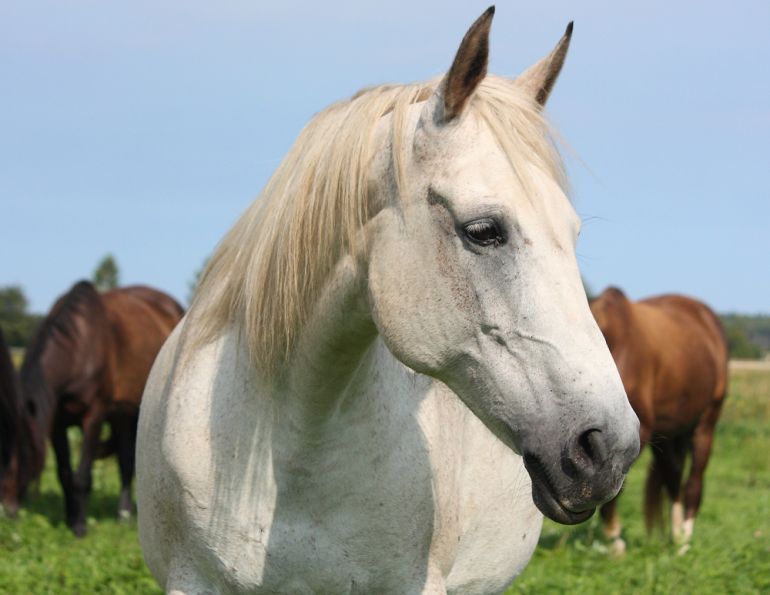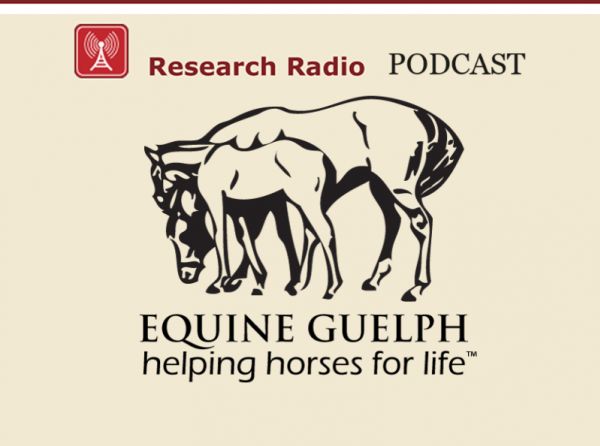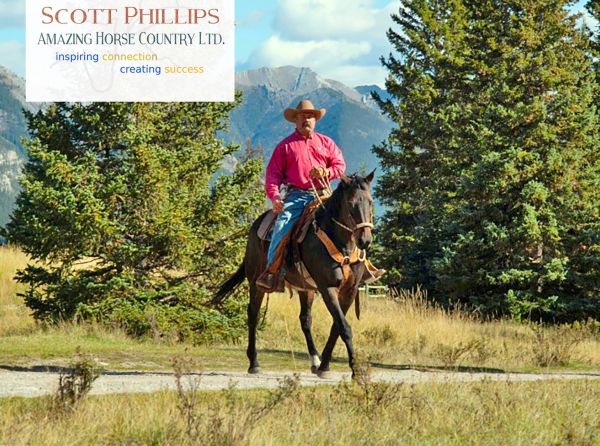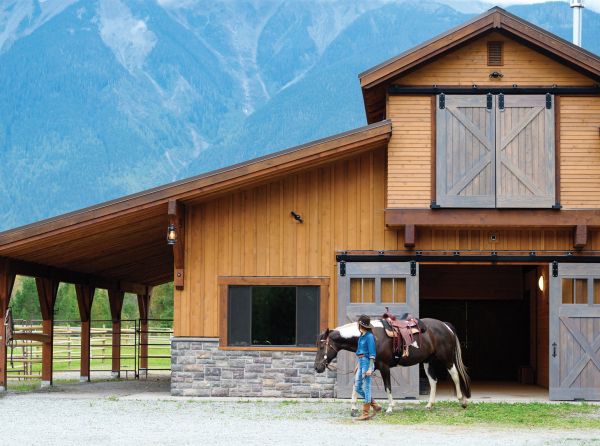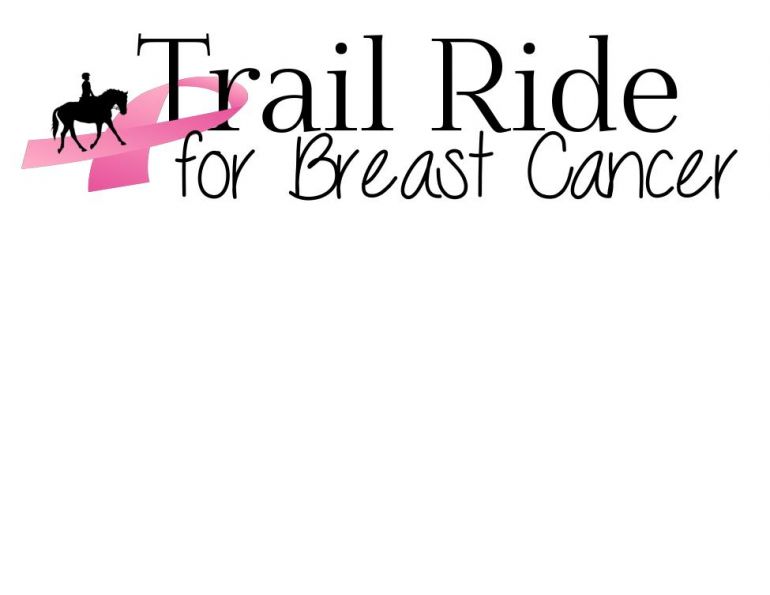By Betty Baxter
When new tenants moved into the trailer on a small acreage downhill from my farm, I could see (and hear) the livestock truck pull up with the sound of horses — big horses — inside. The next day I went to introduce myself, taking wine and fresh farm eggs, hoping to get a good look at what had been inside that stock truck.
Joe was a horse logger, a small, wiry man with skin that showed he lived mostly outdoors. His wife, Lori, was a sturdy woman with an easy smile, and she and their two little blonde girls were friendly with their new neighbour. They had moved often to follow the opportunity for Joe to work and knew how to start over in a new place with simple conversation.
The logging horses weren’t a matched pair, but they were impressive draft horses just the same. Jake was a blonde Belgian with the classic pale blonde mane and tail. He had huge feet and his legs had light feathering below the knee that drifted slightly in the air as he walked. Everything about him was stately. He was a gentle giant at 2,200 pounds. The other horse was a big grey Percheron cross, but it was Jake that got my attention, and several months later he would turn out to be a key player on my farm.
Joe was happy to demonstrate Jake in harness pulling the girls on a log across the sand ring. He stood several feet back with the longlines in hand, and called out, “Gee Jake,” and a few steps later, “Haw Jake,” The girls giggled as they rode the makeshift sleigh creating patterns in the wet sand. Mystified by the logger’s lingo, I soon learned the rhyme to remember that “Gee” meant go right and “Haw” meant go left. In answer to my question, the girls tumbled off the log singing, “Gee, you’re right. Haw, haw you’re wrong.”
The whole family was horse crazy and wanted to hear more about the rare Canadian horses as they watched me march the herd to pastures across from their house. Joe especially loved the black stallion, Prince, and he and Lori would often stop by the driveway to admire the horse’s sturdiness and debate his hauling capabilities.

Penny and her foal, Lucky. Photo: Betty Baxter
The following spring, I was grateful to have learned about their logging skills. On a cold and clear March day, with ice still on the edges of the ponds and ditches, and horses happy in sunny, dry pastures for the day, I hitched Prince for an hour’s drive. It was mid-afternoon, the sun warm and welcoming, as we headed out the driveway at a brisk trot. A horse and carriage always attracted lots of attention in the neighbourhood, with folks coming to their fences and calling out, “I’d save a lot of gas money if I could travel like that,” and “Sure looks nice.”
We’d been gone almost two hours when I trotted Prince back home near five o’clock. As we slowed up the hill I glanced at our fields and saw four mares happily grazing. A tug of anxiety went through me. Where was the fifth mare? I’d need to check, but nonetheless felt refreshed from my outing and encouraged that spring would surely arrive any day.
As we pulled in, Andrew, a friend and neighbour, was on the roof of the garage having just finished a repair. He stood up, gathering the remainder of his tools and called down, “Nice looking gig.”
Unhitching Prince, I put him away and hustled down the property to check for the missing mare. Horses are notorious for getting through fences — or worse, getting stuck in one. As I approached the lower field I started to worry. No fence was down, but I still couldn’t see our big black mare, Penny. After a few more steps my heart began to pound.
Related: Horses with Jobs: Logging Horses
There she was, at eight months of her eleven-month pregnancy, struggling on her side in a shallow ditch filled with ice water. She had clearly been stranded for some time. Soaking wet and muddy, she couldn’t find purchase on the slick slope to get up. She strained to keep her head out of the water. I raced back to the barn to get a halter, calling Andrew to come fast with shovels as we had an emergency — a horse down! I had complete faith in Andrew. He was a strong, energetic man who had helped many times when an animal was in distress or I needed muscled support on the farm.
In the few seconds I was gone, Penny had lain back, her head half-submerged in the water, exhausted. I put on the halter and held her nose and eye above the surface. A moment later, Andrew arrived at a run and we began alternating — one of us held her heavy head to keep her eye out of the water, while the other shoveled fast to dig out the bank for better purchase in the mud. Every few minutes we would pull at her and urge her to get up, but with her big heavy belly, the angle of the ditch, and exhaustion, she couldn’t budge.
Penny weighed well over 1,000 pounds and we couldn’t move her at all, no matter how much we pushed and pulled. I ran to the shed for the come-along, a winch we used for fencing projects. There was a tree close by to hook to, but no band or strap to go around her belly. We worried that a chain would break her legs if we got the angle wrong.
Racing to the truck, I sped over to Joe and Lori’s to see if they had a bellyband from the logging equipment. Joe was away but Lori gave me a big strap and then asked, “Shall I get Jake? Can I help?”
“I don’t know,” I replied. “But if I’m not back to return the band in 20 minutes, we’ll have to try something else.”
Back with Penny, we managed to get the five-inch-wide band around her upper chest, but when we hooked up the come-along and began to winch, the wire broke without moving her at all. It was obviously not meant to pull more than 1,000 pounds. We were flummoxed and very worried. Penny was trembling and the skin at her perineum was straining. The risk of the foal aborting right there was frightening. I stroked her, held her head up, and tried to think.
Andrew knew of a big backhoe parked close by. “I could just go start it and bring it over to lift her.” He said, ready to run for the backhoe.
I shook my head. “That could take another hour and darkness is coming fast.”
Related: How to Protect Your Horse from Hazards on the Farm
I suggested taking the fences down to bring the truck in, but paused when the driveway gate opened. We felt the thud, thud, thud-shake of the earth that only a draft horse can make. Looking up, we both gasped. There was our neighbour Lori, riding Jake, who was tacked up with collar and hames in full hauling gear. Even through our panic we could see his power and majesty. The little blondd girls were skipping behind, closing the gate after their mom. To this day I can still feel the sensation that went through me. A goddess had arrived!
Lori rode Jake to within a few feet and slid off, instructing the girls to stay on the other side of the fence. She sorted the lines and positioned Jake past the tree we had used with the come-along, so that his draw would be angled to give Penny the best chance of getting her front feet on solid ground.
“I’ve never driven myself,” said Lori, and she took a deep breath. “But I’ve watched Joe so many times I’ll give it a try, and Jake is very willing.”
We hooked the tugs to the bellyband, knowing this was our last chance to save Penny and her unborn foal. I kept the halter on Penny’s head with enough tension on the lead to hold it out of the water. Lori took the reins and stepped to the side.
“Haw Jake! Haw Jake!”
The big horse sidled to the left. “Okay, walk on boy!” Jake took a step. The tugs tightened. He pushed his chest into the collar and leaned in to get a second step and then a third.
“Come on Jake, you can do it.”
On the fourth step Penny slid through the mud. With a great groan, she scrambled, struggling to her feet.
“Whoa, Jake. Good boy.”

Jake jumped a little and looked around. He had never pulled a log that got up. We laughed and shivered in our wet muddy clothes. My voice shook as I thanked Lori. She let out a nervous laugh, saying, “Joe will never believe I could harness and drive Jake by myself,” and began to lead her big champion home. Lori, her girls, and the majestic Belgian Jake were our heroes.
I led Penny slowly to the barn. Friends had just arrived and spent the next two hours brushing and cleaning the mare while I piled blankets on as soon as a spot was clean and dry. They kept brushing as I brought the other horses in and fed them all, then Penny was wrapped in blankets and tucked in a clean stall, deep in the barn where it was very quiet. Checking late that night, I found her calm and resting. There was a good chance she would recover.
In early June, just over two months later, Penny gave birth to a healthy black filly appropriately named Lucky.
Although we loved them as neighbours and they were good, solid people, Joe and Lori’s luck with work wasn’t so good. That fall, they packed their belongings and moved to start over again in the interior. They left behind an investment of great kindness, and I will always feel grateful and indebted to them.
Related: Community Prevents Mare from Rejecting Her Foal
To read more by Betty Baxter on this site, click here.
Main Photo: Penny and her foal, Lucky. Credit: Betty Baxter








